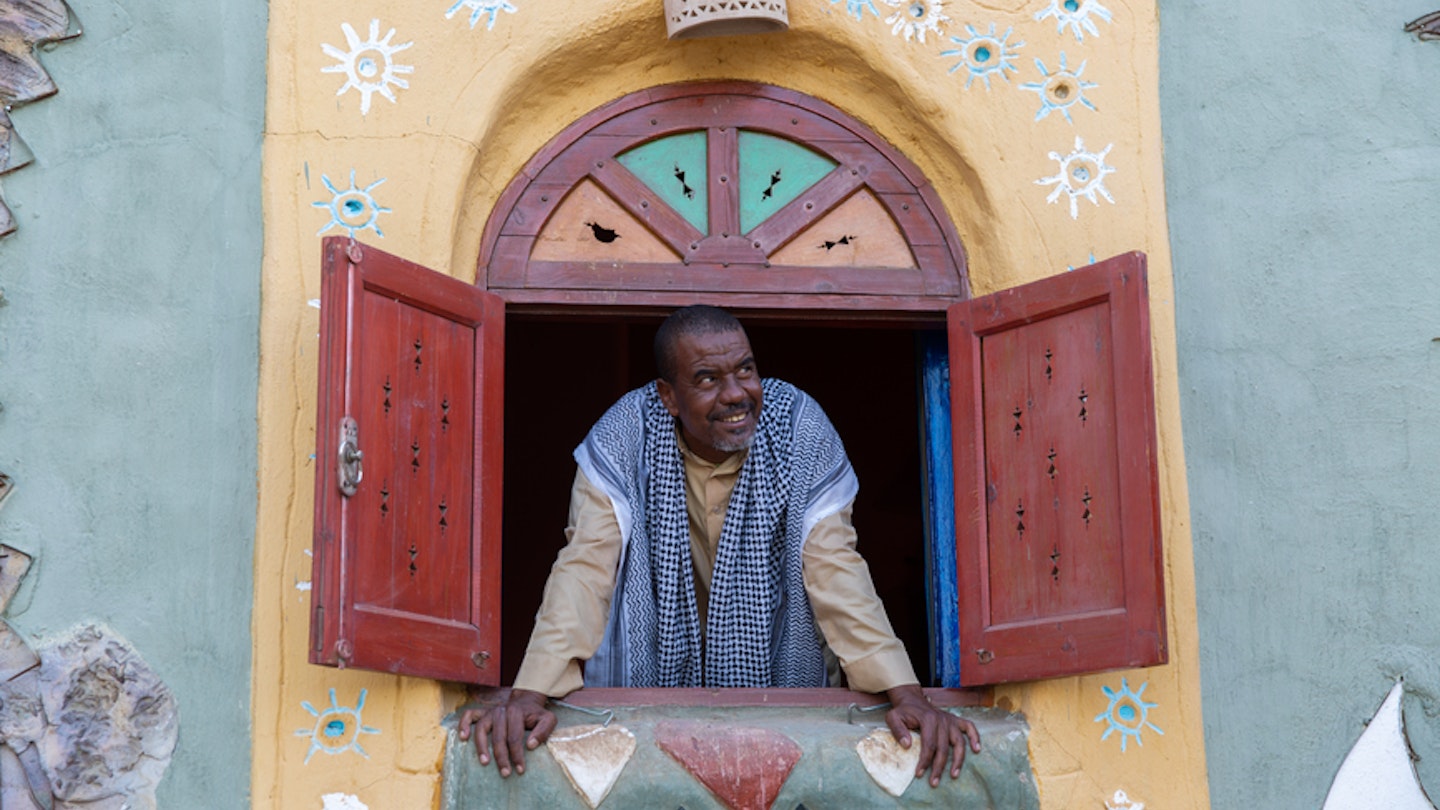With the iconic Pyramids of Giza, immaculate ancient tomb paintings in the Valley of the Kings, and new archaeological discoveries, Egypt is a history-rich country that significantly appeals to photographers.
However, taking photos in Egypt comes with its challenges. The country’s Ministry of Tourism and Antiquities recently announced that amateur street photography in public spaces for personal use is now allowed. This change addresses concerns from foreign photographers and social media influencers who faced interference during their photo shoots, including equipment confiscation even after obtaining permits.
“Taking photographs using all kinds of traditional cameras, digital cameras, and video cameras will be permitted free of charge. No permit needs to be obtained beforehand,” according to the ministry’s statement.
What Does This Mean for Travelers in Egypt?
This new regulation primarily focuses on street photography in public areas. Nevertheless, many ancient temples, tombs, and historical sites either still prohibit photography entirely or require the purchase of permits for larger cameras, such as DSLRs. Photos taken on mobile phones are generally exempt from this rule. It remains to be seen if the requirement for permits will be eliminated completely. Under the latest guidelines, permits are still mandatory for underwater and drone photography.
Photography Permits and Fees in Egypt
Photography regulations at Egypt’s ancient sites have varied widely, often depending on the day’s staff. The cost of photography permits typically exceeds the entry ticket price—at Deir El Medina in Luxor, for instance, the entry fee for international travelers is 100 EGP ($5.25 USD), while a photography and video permit (for personal use) costs 300 EGP ($15.75).
If you are carrying a larger camera and wish to avoid purchasing a permit, you may be asked to leave your camera with security staff or site guardians. If you’re uncomfortable with that arrangement, it is advisable to securely store your camera at your accommodation. Some guardians might offer to watch your camera or allow photos inside for a small tip, known as baksheesh. Be cautious; if you take photos without a required permit, you risk having your camera and memory card confiscated.
Distinct rules and permits for commercial photographers and videographers can cost thousands of dollars monthly. The new guidelines are expected to simplify the complexities associated with obtaining permits. Recent productions like Marvel’s Moon Knight and Agatha Christie’s Death on the Nile faced challenges in filming in Egypt due to the bureaucratic permitting process, leading to many scenes being replicated in other locations such as England and Hungary.
Are There Any Restrictions on Photography in Egypt?
Some aspects of the ministry’s announcement regarding photography remain unclear. Alongside allowing photography in public settings, the statement also prohibits taking or sharing “photographs of scenes that can, in one way or another, damage the country’s image.”
Khaled El-Enani, the Minister of Tourism and Antiquities, has pledged to seek further clarification, but specific details regarding the types of photographs prohibited are still lacking. It’s important to note that while public photography is now permissible, certain restrictions remain. Avoid photographing police or anything considered strategically or militarily important, such as the dams in Aswan. Violations can lead to serious penalties, including imprisonment.
Additionally, photographing children is prohibited, and gaining consent from adults for photography requires written approval.
Tourism constitutes a significant part of Egypt’s economy, contributing up to 15% to the nation’s GDP. The sector was severely impacted during the COVID-19 pandemic and following the Arab Spring. However, recent high-profile openings, including the Grand Egyptian Museum, are expected to attract more visitors this year.




